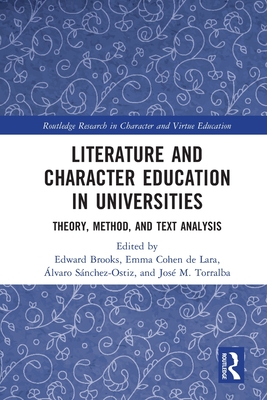
Beddingfield, Brock
Marxism is a social, political, and economic philosophy named after Karl Marx. It examines the effect of capitalism on labor, productivity, and economic development and argues for a worker revolution to overturn capitalism in favor of communism.
This book provides a fundamental account of Karl Marx's original philosophy, its roots in 19th century European ideology, his radical economic and social criticism of capitalism that inspired vast 20th century revolutions. It assesses Marxism's Russian disciples, Lenin, Trotsky and Stalin who forged a ruthless dogmatic Communism. The book examines the alternative Marxist approaches of Gramsci, the Frankfurt School of critical theory and the structuralist Marxism of Althusser in the 1960s. It marshals postmodern interpretations of Marxism and raises the spectre of 'post-Marxism' in Derrida's confrontation with Fukuyama's 'end of history' doctrine.
member goods
listens & views

DIE 80ER: DAS BESTE AUS ...
by DIE 80ER: DAS BESTE AUS 40 JAHREN HITPARADE / VAR
COMPACT DISCout of stock
$16.99






